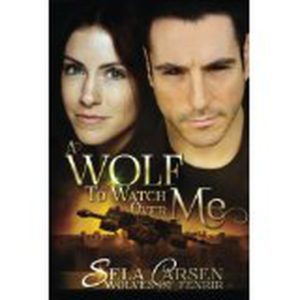And who are you calling old? Get off my lawn.
Romance genres can get pretty darn niche.
The vampires of yesteryear became werewolves, and those became werebears, and those became billionaire alpha werebears, and those became interracial billionaire bear shifter menage pregnancy romances.*
One of the niches that isn’t quite so, er, specific is Seasoned Romance. Basically, it’s romance between people who are no longer nubile 20- or 30-somethings. It’s romance with characters who’ve had a life. They’ve been married and divorced or widowed. Or not, because they never found the right person before they got bifocals. They may still have teens at home, or they may be grandparents, or somewhere in between, or neither, or both.

But it’s still a relatively new genre, even with the advent of self-publishing, because for years, agents and publishers told us these stories wouldn’t sell. No one wants to read about people their parents’ age gettin’ it on, they said. And the occasional toe-dip into the older demographic just proved their point.
What’s that? You mean the audience they trained to respond only to perky virgins and buff billionaires didn’t flock to buy something they’d never seen before?
But since authors decided by the hundreds to self-publish, readers now have access to the stories we’ve always wanted to tell without anyone trying to yuck their yum.
Now, readers can type “seasoned romance” into the search bar on Amazon… and there are things there! They can even narrow it down to their favorite sub-genre — historical, paranormal, sci-fi**, military, small-town. Whatever they like to read, someone is writing it with characters who have a uniquely experienced viewpoint.
It’s become established enough that RWA — Romance Writers of America — just established a separate chapter during their national conference this summer called “Aged to Perfection.” The Seasoned Romance Facebook group that started three years ago now has nearly 3,000 members and grows daily. There are readers who are tired of characters who’ve never had to deal with menopause and poochy mom-tummies and random chin hairs. They’re looking for characters like them, who are facing retirement and wondering what’s the next step. Who just got their youngest child launched into the world, but now they’re caring for their elderly parents.
Love doesn’t stop after forty, so why should love stories?
*In case you thought I was kidding: An Heir for the Billionaire Werebears: A BWWM Paranormal Shifter Menage Pregnancy Romance.
** If you’re interested in seasoned sci-fi romance, check out Silver Wolf Rising, a stand-alone story that’s part of my Wolves of Fenrir series. Or read Ace’s Odds, my latest release that includes a seasoned romance on a futuristic space station.
Sela Carsen is an award-winning author of paranormal and sci-fi romance — with or without sex and dead bodies. Your pick. She maintains a permanent nerd-on for fairytales and mythology, and openly hoards reference books about obscure folklore. Born a wanderer, she and her family have finally settled in the Midwest. Until they move again, at least.


